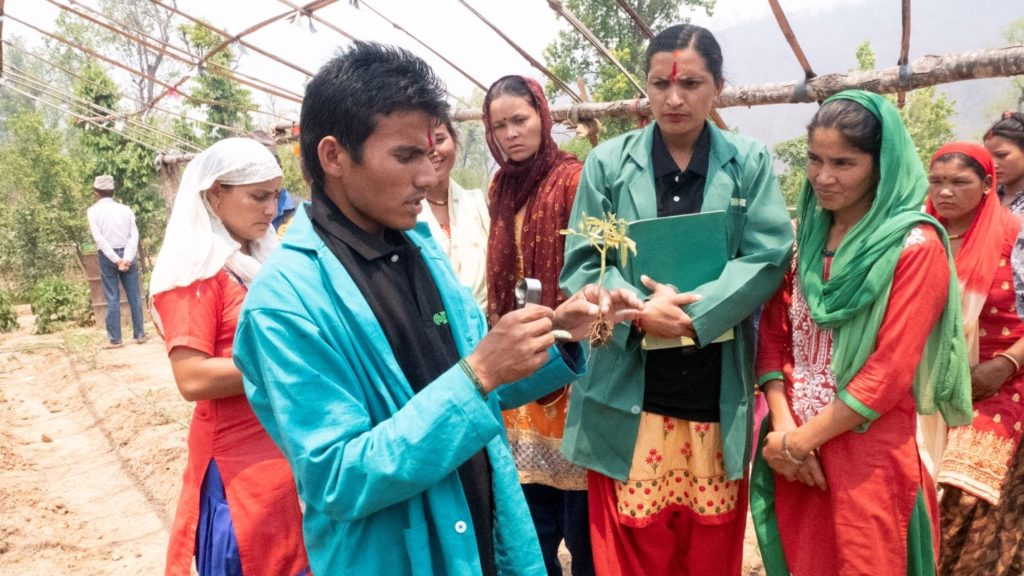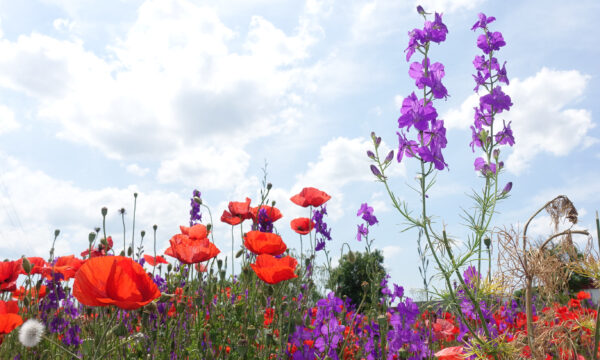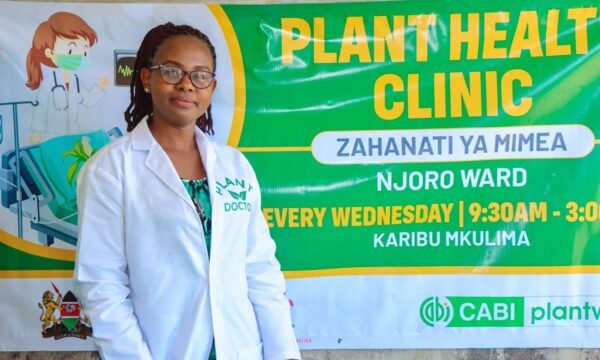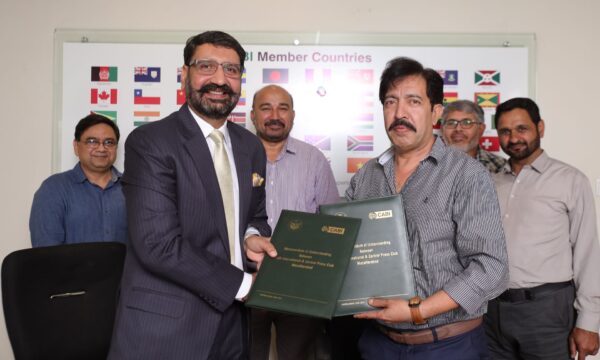
Our experiences in Nepal during the global COVID-19 pandemic have been both positive and negative. On the positive side, this difficult time has made us realize the value of coming together and being connected as a community. But the pandemic has also put people’s lives and livelihoods at risk. In Nepal, COVID-19 is now spreading quickly. There is a strong need to protect the most vulnerable and to mitigate the pandemic’s impacts across the country’s food system.
Amidst the COVID-19 pandemic, iDE Nepal has been working in coordination with all the collaborative partners of the Plantwise programme, as well as with government agencies, to adapt and improve the ways in which integrated pest management (IPM) technology and related information is communicated and delivered to smallholder farmers.
Most recently, iDE Nepal teamed up with CABI Plantwise and government agencies to host a workshop on the validation of plant clinic data contained in the Plantwise Online Management System (POMS). The three-day workshop (29–31 May) was hosted on an online platform (Zoom) and was attended by agriculture technicians from iDE Nepal and agriculture experts from Jammu, India. The facilitation of the workshop was carried out by resource personnel (Senior Plant Protection Officers) from the national Plant Quarantine and Pesticide Management Centre (PQPMC) and the Agriculture Development Directorate, Pokhara. The guest speakers at the workshop were Dr Vinod Pandit (CABI), Dr Corey O’Hara (Country Director, iDE Nepal) and Mr Komal Pradhan (National Programme Director, iDE Nepal).
The major objective of the validation workshop was to train agriculture technicians at iDE Nepal to harmonize, validate and analyse the plant clinic data managed by iDE Nepal in POMS. The validation of clinic data is crucial in order to evaluate the recommendations and advice given by plant doctors to farmers through plant clinics, and ultimately to enhance the quality of recommendations for the control of insect pests and diseases through IPM. The validation of clinic data is equally important in order to record the quality of services provided by CBF plant doctors, which can be later used as a basis for providing follow-up training to CBF plant doctors at iDE Nepal.
In addition to the valuable validation session facilitated by resource personnel, the experience-sharing session on the validation of clinic data by experts from Jammu, India, was of major help in easing the practical difficulties faced in the validation of clinic data.
Overall, the workshop was a success considering the learning gained on the validation of clinic data. It was also a beneficial platform for strengthening coordination with government bodies, and for inter-country experience-sharing with the ultimate goal of providing quality services to small-holder farmers.
Related News & Blogs
How plant clinics are strengthening crop health services in Bangladesh
When the first-ever plant clinic in Bangladesh opened in Dhaka in 2013, it initially faced a lack of interest due to its novelty and limited awareness among farmers. However, it went on to expand, providing advice to over 17,000 farmers and led to the…
2 July 2025




